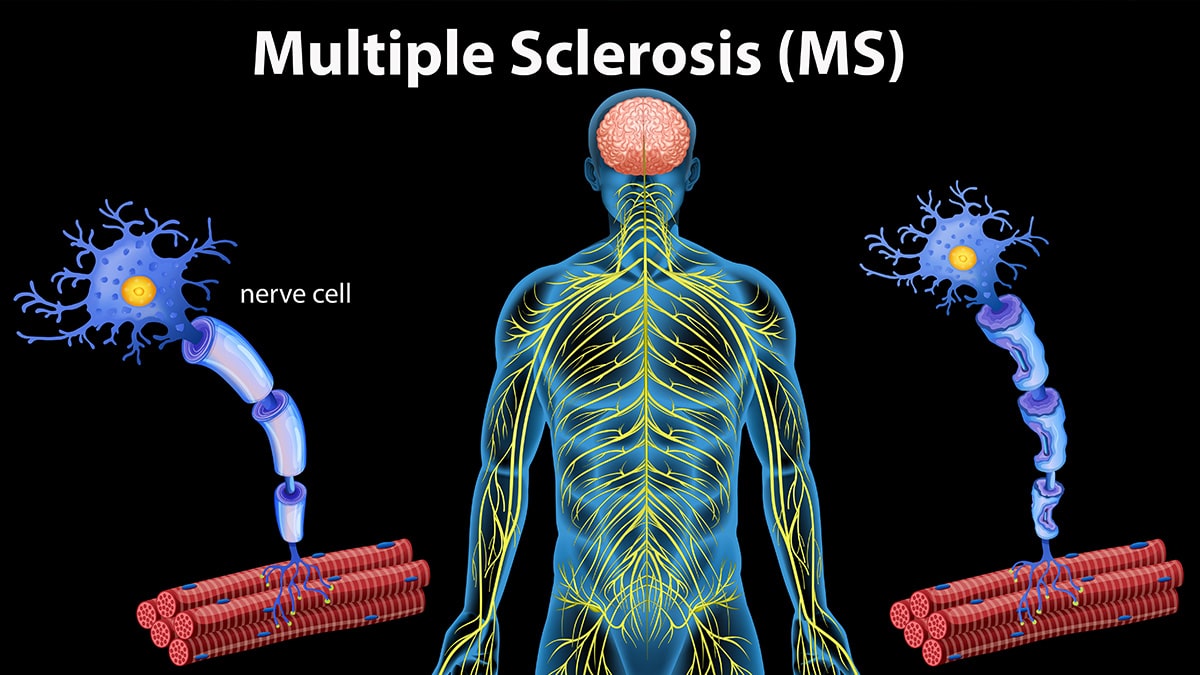Understanding Multiple Sclerosis: A Comprehensive Guide
Welcome to a guide about a health condition that affects many individuals worldwide. In this article, we will delve into the complexities of Multiple Sclerosis (MS). A condition that affects the central nervous system, MS can have a significant impact on individuals’ daily lives. Let’s explore the various aspects of this disease and how it can be managed effectively.
The Benefits of Understanding Multiple Sclerosis
Knowledge is power when it comes to managing any health condition, including Multiple Sclerosis. By understanding the symptoms, treatment options, and lifestyle modifications that can help alleviate symptoms, individuals can take proactive steps to improve their quality of life.
A Detailed Explanation of Multiple Sclerosis
Multiple Sclerosis is a chronic autoimmune disease that affects the central nervous system, including the brain and spinal cord. The immune system mistakenly attacks the protective covering of nerve fibers, called myelin, leading to inflammation and damage to the nerves. This damage disrupts the flow of information between the brain and the rest of the body, resulting in a wide range of symptoms.
Some of the common symptoms of Multiple Sclerosis include fatigue, muscle weakness, numbness or tingling in the limbs, coordination problems, and cognitive difficulties. The severity and progression of the disease can vary from person to person, making it essential to work closely with healthcare providers to develop a personalized treatment plan.
Frequently Asked Questions About Multiple Sclerosis
1. What are the risk factors for developing Multiple Sclerosis?
While the exact cause of Multiple Sclerosis is unknown, certain risk factors may increase the likelihood of developing the disease. These include genetic predisposition, environmental factors, and a history of certain viral infections.
2. What are the treatment options available for managing Multiple Sclerosis?
Treatment for MS aims to manage symptoms, slow disease progression, and improve quality of life. Common treatment options include disease-modifying therapies, symptom management medications, physical therapy, and lifestyle modifications.
3. Can diet and exercise help individuals with Multiple Sclerosis?
Adopting a healthy diet rich in fruits, vegetables, whole grains, and lean proteins can help support overall health and well-being for individuals with Multiple Sclerosis. Regular exercise, tailored to individual abilities, can also help manage symptoms and improve mobility.
4. How can individuals find reliable information and support for Multiple Sclerosis?
Resources such as the Multiple Sclerosis Blue Heron Health News, official websites, and support groups can provide valuable information and emotional support for individuals living with Multiple Sclerosis. It is essential to seek information from reputable sources and connect with others who understand the challenges of the condition.
5. What is the prognosis for individuals diagnosed with Multiple Sclerosis?
The prognosis for individuals with Multiple Sclerosis varies widely depending on factors such as the type of MS, the severity of symptoms, and how well the disease responds to treatment. With early diagnosis, proactive management, and ongoing support, many individuals with MS can lead fulfilling and productive lives.
Conclusion
Multiple Sclerosis is a complex and challenging condition, but with the right knowledge, support, and treatment, individuals can effectively manage their symptoms and improve their quality of life. By staying informed, seeking support from healthcare providers and peers, and adopting healthy lifestyle habits, individuals with MS can navigate the challenges of the disease with resilience and hope.

